+91 9493616161
+91 9493616161


The tropical zone of southern India is characterized by its warm and humid climate, making it an ideal environment for a wide variety of plants. Understanding this climate is the first step to successful gardening in the region. The year-round warmth encourages continuous growth, while the high humidity levels are perfect for moisture-loving plants.

Palm trees are synonymous with tropical landscapes, and for good reason. Their towering beauty and diverse varieties can add structure and elegance to any garden. From the majestic Coconut Palm (Cocos nucifera) to the ornamental Areca Palm (Dypsis lutescens), each species offers something unique. For a detailed guide on selecting and caring for palm trees, visit kadiyamnursery.com/palms.
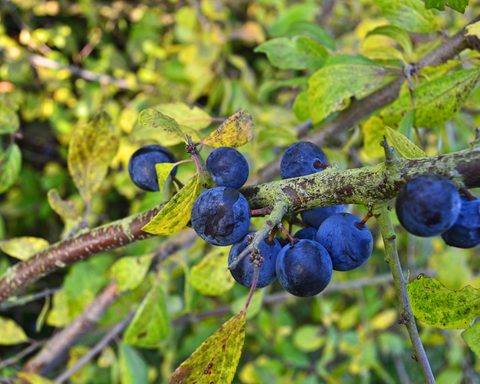
Fruit plants are not only visually appealing but also provide the added benefit of producing fresh, home-grown produce. Mango (Mangifera indica), Papaya (Carica papaya), and Banana (Musa spp.) are among the popular choices that thrive in the tropical climate of southern India. Each fruit plant has its specific needs, from sun exposure to watering and fertilization. For more information on growing fruit plants, click here.
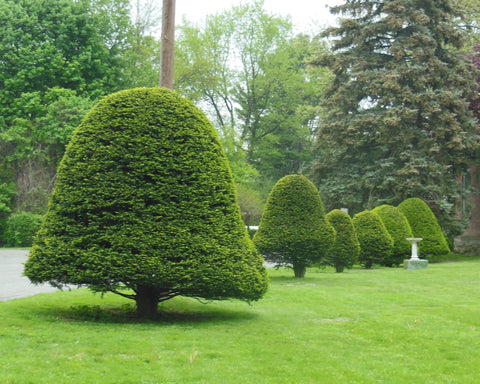
Shrubs add color, texture, and structure to the tropical garden. Hibiscus (Hibiscus rosa-sinensis), Bougainvillea (Bougainvillea spp.), and Ixora (Ixora coccinea) are excellent choices, offering a range of colors and sizes to suit any design aesthetic. Proper pruning and care will keep these shrubs blooming year-round. Discover more about tropical shrubs at kadiyamnursery.com/shrubs.
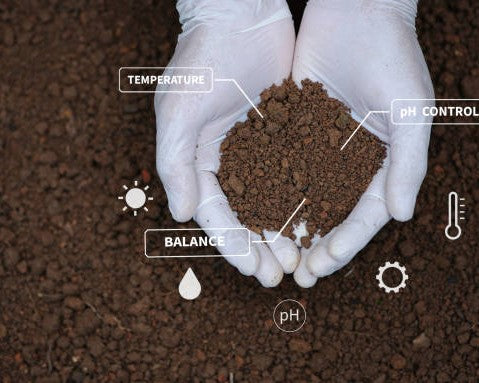
The success of any garden lies in the health of its soil. Tropical plants generally prefer well-draining, fertile soil rich in organic matter. Composting is a great way to enrich the soil, providing plants with the nutrients they need to thrive. Regular applications of organic fertilizers can also promote healthy growth. For a comprehensive soil care guide, visit this trusted resource.
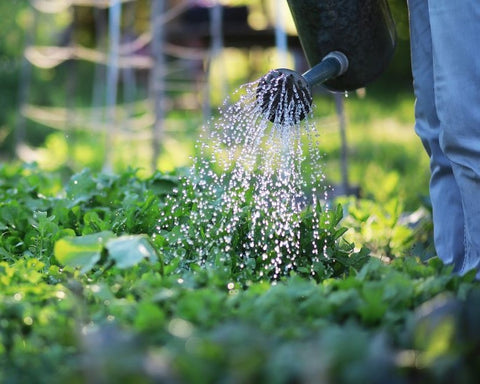
While the tropical climate's humidity is beneficial, proper watering is crucial to prevent root rot and ensure healthy plant growth. Drip irrigation or soaker hoses are effective methods for delivering water directly to the root zone, reducing evaporation and conserving water. Learn more about efficient watering techniques at kadiyamnursery.com/watering-tips.
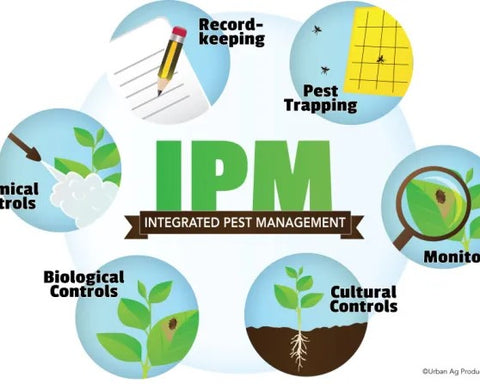
Pests and diseases can pose significant challenges in tropical gardening. Regular monitoring and adopting integrated pest management (IPM) strategies can help minimize damage. Natural predators, neem oil, and other organic treatments are preferable to chemical pesticides, preserving the garden's ecosystem. For more information on managing pests and diseases, consult kadiyamnursery.com/pest-management.
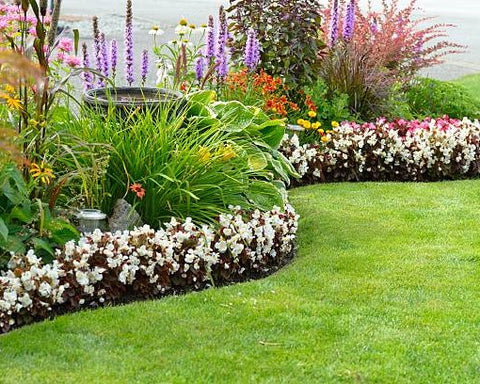
Creating a visually appealing tropical garden requires thoughtful design and plant selection. Consider the mature size of plants, their color schemes, and blooming cycles to create a cohesive look. Incorporating elements like water features, stones, and garden paths can enhance the natural beauty of the tropical landscape. For design inspiration and tips, check out kadiyamnursery.com/design-ideas.
Gardening in the tropical zone of southern India is a rewarding endeavor that offers endless possibilities for beauty and bounty. By understanding the climate, selecting the right plants, and providing proper care, anyone can create a vibrant tropical garden. Remember, patience and persistence are key, as is a willingness to learn and adapt. For more resources and expert advice, visit kadiyamnursery.com and explore the wealth of knowledge available at your fingertips.
Leave a comment